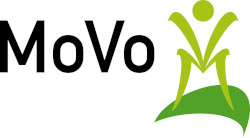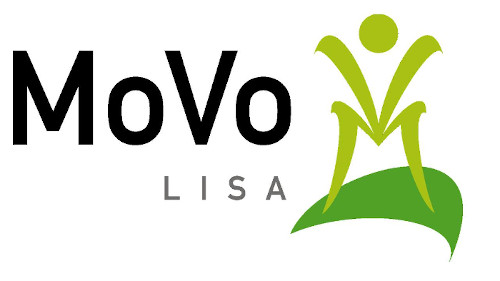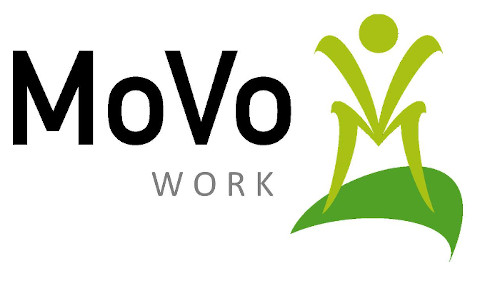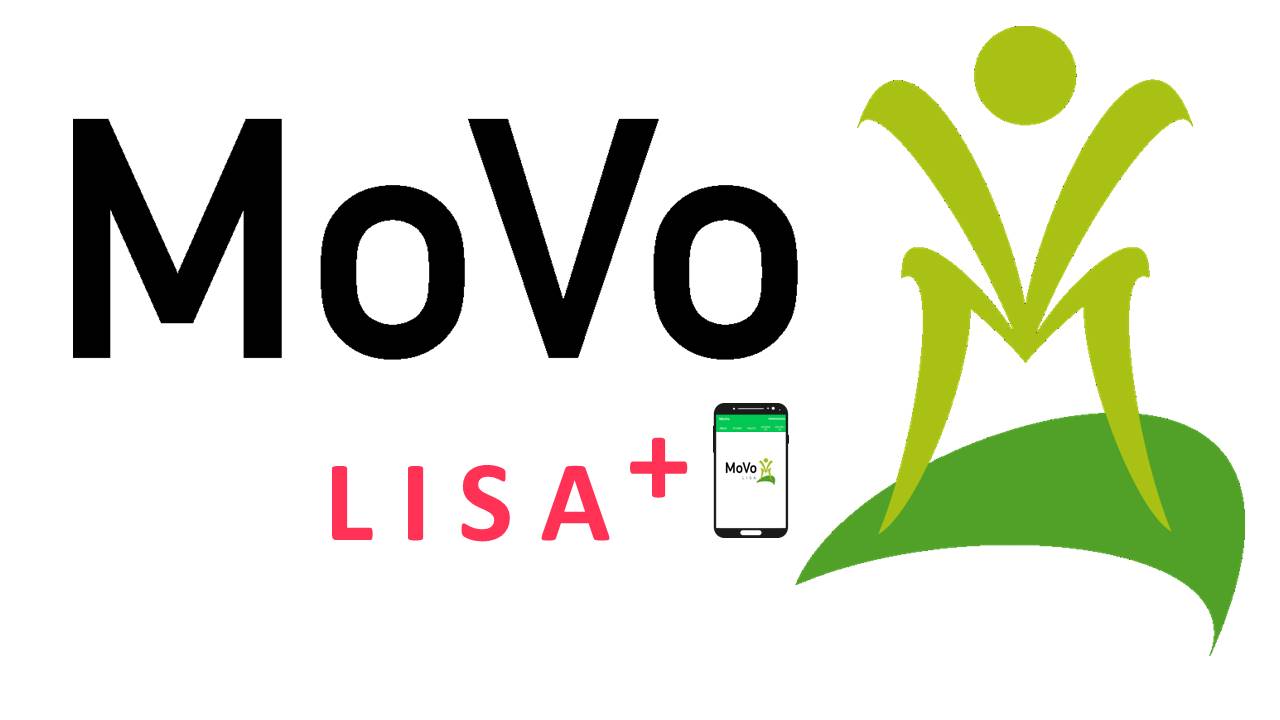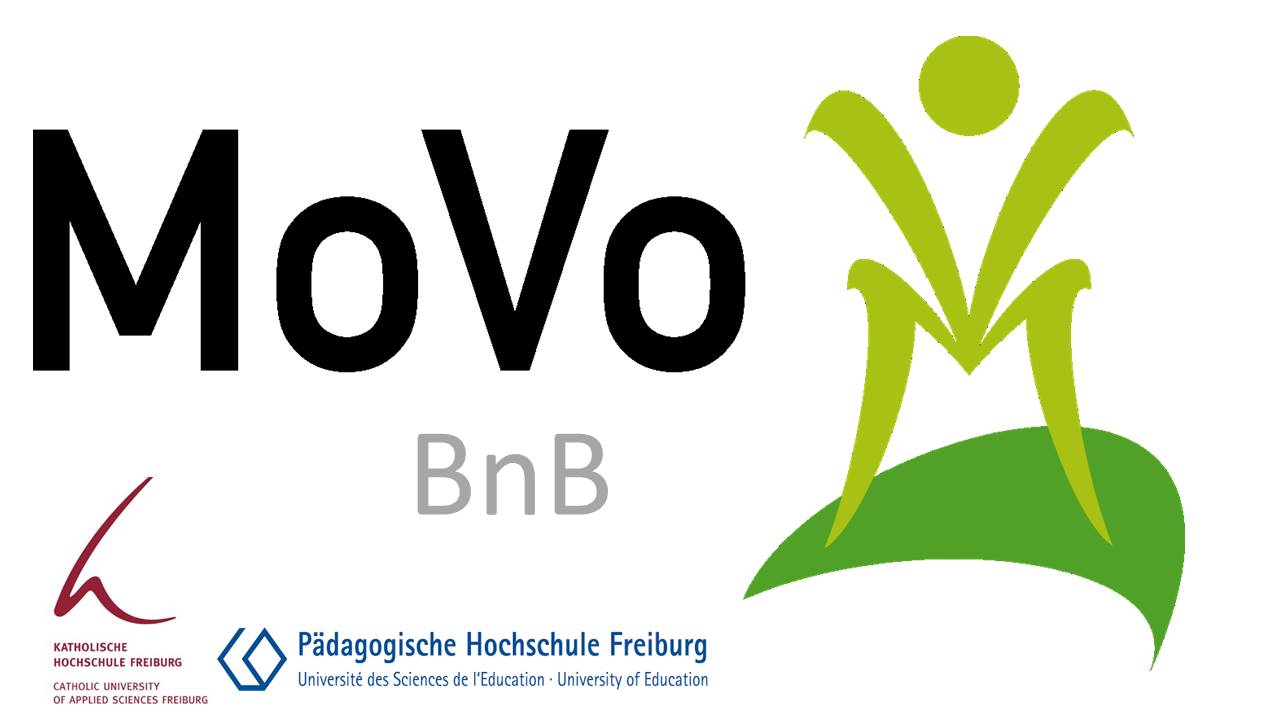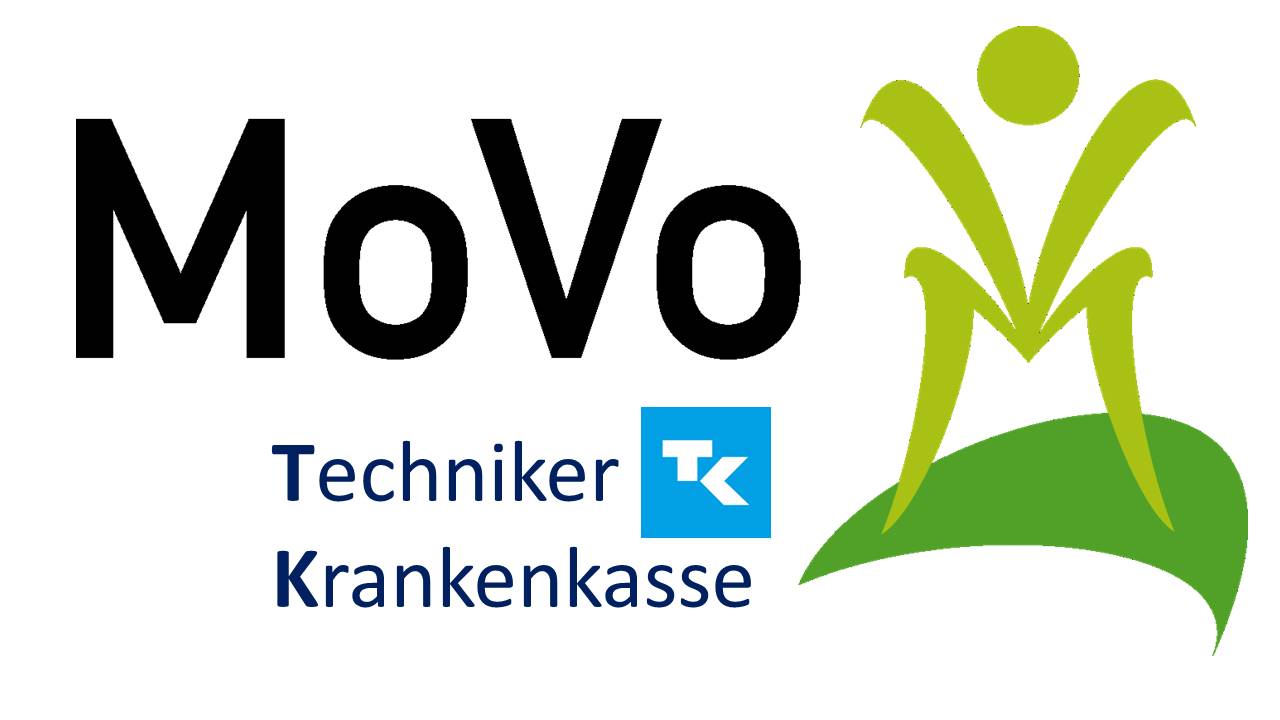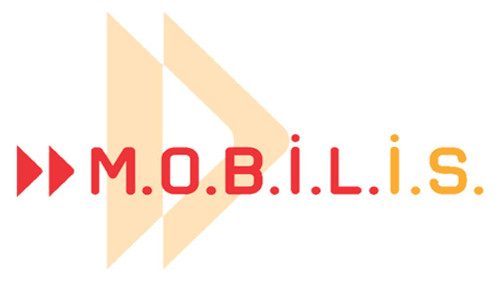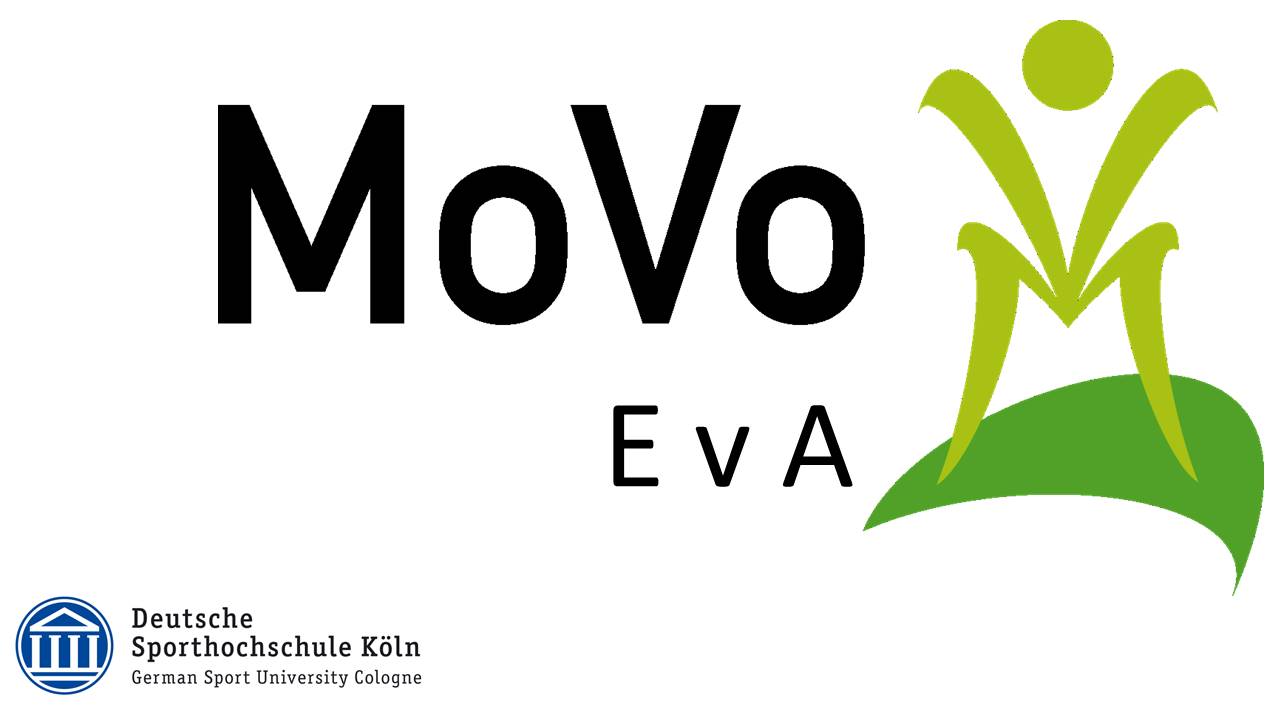MoVo programs
On the basis of the MoVo process model, various MoVo intervention programs have been developed, tested in practice and scientifically evaluated for different target groups (patients with orthopaedic, cardiological or mental diseases, persons with obesity, employees in companies, members of a health insurance company) and settings (companies, rehabilitation, outpatient groups, at home) in recent years. These are interventions that not only aim to build up strong motivation for behavioral change, but also to acquire volitional implementation skills. The following quality criteria distinguish the MoVo programs:
Theory-based: The interventions are based on a theoretical model, namely the MoVo process model. In this model, volitional self-regulation plays a particularly important role.
Standardization: The intervention programs are available in the form of detailed curricula. These are published and can be acquired.
Evidence-based: To prove the effectiveness of the MoVo interventions, evaluation studies, some of which are methodologically demanding, were carried out (including randomised controlled trials, RCT).
